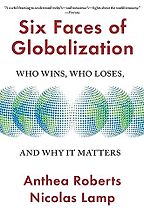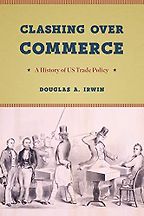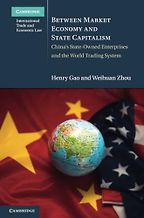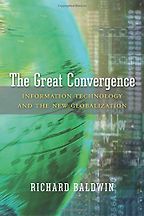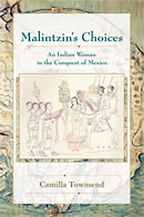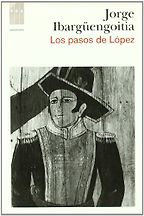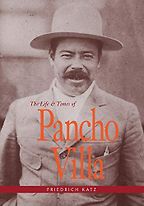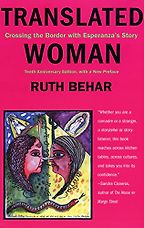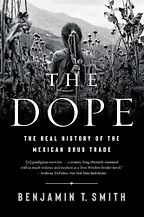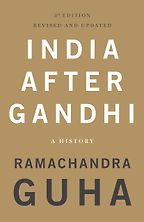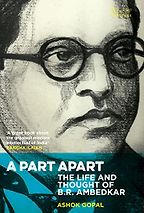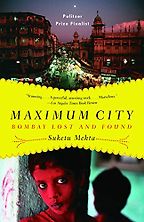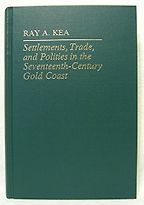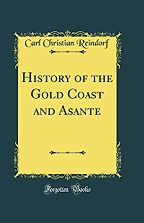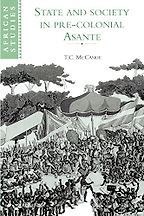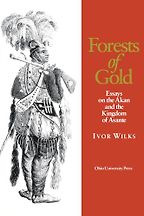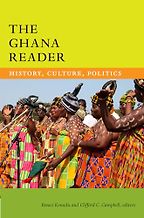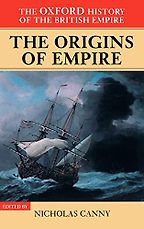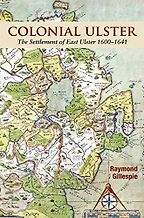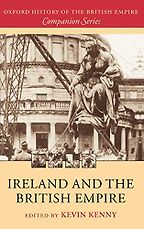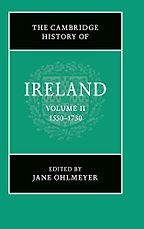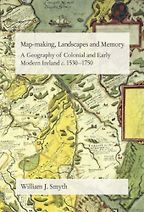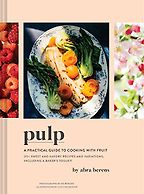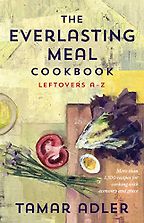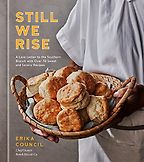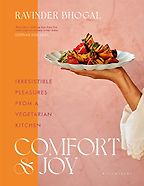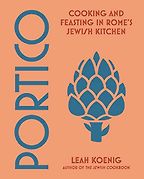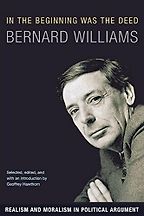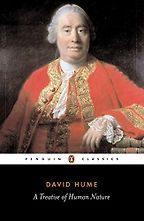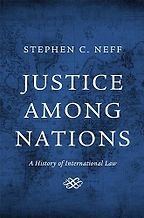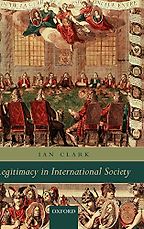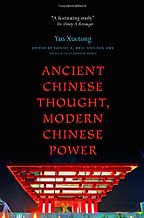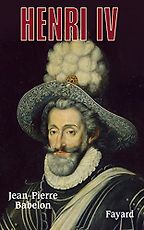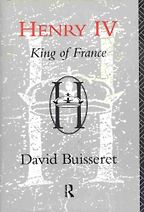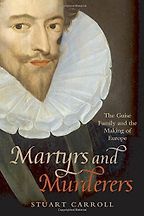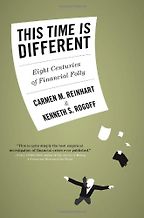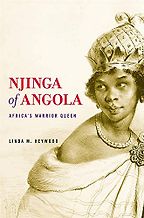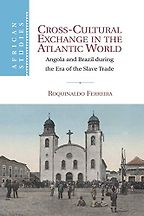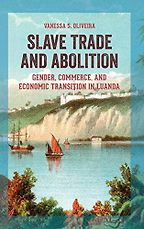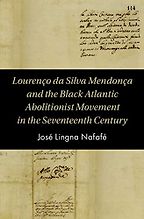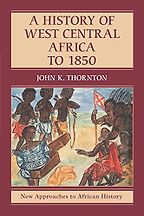Interviewer
Benedict King
Interviews by Benedict King
-

1
Six Faces of Globalization: Who Wins, Who Loses, and Why It Matters
by Anthea Roberts & Nicolas Lamp -

2
Clashing over Commerce: A History of US Trade Policy
by Douglas A Irwin -

3
Between Market Economy and State Capitalism: China's State-Owned Enterprises and the World Trading System
by Henry Gao & Weihuan Zhou -

4
International Trade Law: A Casebook for a System in Crisis
by Henry Gao, Jennifer Hillman, Joost Pauwelyn & Nicolas Lamp -

5
The Great Convergence
by Richard Baldwin
The best books on Tariffs, recommended by Dmitry Grozoubinski
The best books on Tariffs, recommended by Dmitry Grozoubinski
Donald Trump has famously said that tariff is a ‘beautiful’ word. Most economists disagree. Here trade expert, Dmitry Grozoubinski, explains what tariffs are, what they have been, and can be, used to achieve and suggests five books to help you get up to speed on the current trade wars.
-

1
Malintzin’s Choices: An Indian Woman in the Conquest of Mexico
by Camilla Townsend -

2
Los Conspiradores
by Jorge Ibarüengoitia -

3
The Life and Times of Pancho Villa
by Friedrich Katz -

4
Translated Woman: Crossing the Border with Esperanza’s Story
by Ruth Behar -

5
The Dope: The Real History of the Mexican Drug Trade
by Benjamin Smith
The best books on Mexican history, recommended by Timo Schaefer
The best books on Mexican history, recommended by Timo Schaefer
In Mexican history, power developed in marginal locations away from the center has often played a major role in critical historical events, says award-winning historian Timo Schaefer. He recommends some of the best books on Mexican history, from a biography of the extraordinary Malintzin (c1500-1529) to a myth-busting history of the drug trade.
-

1
A Concise History of Modern India
by Barbara Metcalf & Thomas Metcalf -

2
India After Gandhi: The History of the World's Largest Democracy
by Ramachandra Guha -

3
A Part Apart: The Life and Thought of B. R. Ambedkar
by Ashok Gopal -

4
Behind the Beautiful Forevers: Life, Death and Hope in a Mumbai Slum
by Katherine Boo -

5
Maximum City: Bombay Lost and Found
by Suketu Mehta
The best books on Modern Indian History, recommended by Dinyar Patel
The best books on Modern Indian History, recommended by Dinyar Patel
Whether we're thinking about democracy versus authoritarianism, corruption versus good governance, or rich versus poor, there is a lot we can learn from India's recent history, says Dinyar Patel, a historian at SPJIMR in Mumbai. He talks us through some good books on the modern history of a country that has long been the world's largest democracy and is now its most populous country.
-

1
Settlements, Trade, and Politics in the 17th Century Gold Coast
by Ray A. Kea -

2
History of the Gold Coast and Asante
by Carl Christian Reindorf -

3
State and Society in Pre-colonial Asante
by T. C. McCaskie -

4
Forests of Gold: Essays on the Akan and the Kingdom of Asante
by Ivor Wilks -

5
The Ghana Reader: History, Culture, Politics
by Kwasi Konadu and Clifford C. Campbell
The best books on The History of Ghana, recommended by Kwasi Konadu
The best books on The History of Ghana, recommended by Kwasi Konadu
Ghana’s gold coast was a magnet for Europe’s nascent colonial powers right from the very early years of European expansion. As historian Kwasi Konadu argues, the relationship between those imperial powers and what is now Ghana helped to forge the modern world as we know it—for good or ill.
-

1
The Oxford History of the British Empire, Volume I: The Origins of Empire
by Nicholas Canny -

2
Colonial Ulster: The Settlement of East Ulster 1600-1641
by Raymond Gillespie -

3
Ireland and the British Empire
by Kevin Kenny -

4
The Cambridge History of Ireland: Volume 2, 1550–1730
by Jane Ohlmeyer -

5
Map-Making, Landscapes and Memory: A Geography of Colonial and Early Modern Ireland c.1530–1750
by William J. Smyth
The best books on Ireland as a Colony, recommended by Jane Ohlmeyer
The best books on Ireland as a Colony, recommended by Jane Ohlmeyer
Ireland was Britain’s oldest colony, but also one of the first to free itself from British imperial rule. Historian Jane Ohlmeyer recommends books that focus on the history of Ireland as a colony. She argues that the colonial experience had a massive impact not only on Ireland but on the countries that Britain ruled around the world.
-

1
Pulp: A Practical Guide to Cooking with Fruit
by Abra Berens -

2
The Everlasting Meal Cookbook: Leftovers A-Z
by Tamar Adler -

3
Still We Rise: A Love Letter to the Southern Biscuit with Over 70 Sweet and Savory Recipes
by Erika Council -

4
Comfort and Joy: Irresistible Pleasures from a Vegetarian Kitchen
by Ravinder Bhogal -

5
Portico: Cooking and Feasting in Rome’s Jewish Kitchen
by Leah Koenig
The Best Cookbooks of 2023, recommended by Becky Krystal
The Best Cookbooks of 2023, recommended by Becky Krystal
Casting their expert eyes, experience—and taste buds—across this year’s new cookery titles, Becky Krystal of the Washington Post and colleagues have come up with a list of the best cookbooks of 2023. They cover everything from baking American-style biscuits to making the best use of leftovers, and a celebration of the unique cuisine of the Jewish-Roman community.
-

1
In the Beginning was the Deed: Realism and Moralism in Political Argument
by Bernard Williams -

2
A Treatise of Human Nature
by David Hume -

3
Justice Among the Nations: A History of International Law
by Stephen Neff -

4
Legitimacy in International Society
by Ian Clark -

5
Ancient Chinese Thought, Modern Chinese Power
by Xuetong Yan
The best books on Geopolitics and Global Commerce, recommended by Paul Tucker
The best books on Geopolitics and Global Commerce, recommended by Paul Tucker
For centuries humanity has struggled with how to build an international order based on law and agreed principles, rather than force and the threat of war. In today’s multi-polar world understanding how such an order might and could be shaped has taken on a renewed urgency. Here, Paul Tucker, a fellow at Harvard’s John F. Kennedy School of Government, chooses five books on geopolitics and global commerce.
The best books on Henri IV of France, recommended by Vincent Pitts
At a time of bitter division, Henri IV succeeded to the French throne and managed to bring the country together after decades of civil war. He converted to Catholicism but brought in toleration for Protestants with the Edict of Nantes. In 1610 he was assassinated by a religious fanatic with a carving knife. Historian Vincent Pitts, author of a great introduction to Henri IV, talks us through the life and times of one of France’s most impressive monarchs.
-

1
Rational Expectations and Inflation
by Thomas J. Sargent -

2
This Time Is Different
by Carmen Reinhart & Kenneth Rogoff -

3
The Economics of Sovereign Debt and Default
by Manuel Amador & Mark Aguiar -

4
End This Depression Now!
by Paul Krugman -

5
Austerity: When It Works and When It Doesn't
by Alberto Alesina, Carlo Favero & Francesco Giavazzi
The best books on Fiscal Policy, recommended by Sergio de Ferra
The best books on Fiscal Policy, recommended by Sergio de Ferra
The best way to run an economy remains one of the most challenging aspects for a country’s leaders, with enormous consequences for people’s well-being. Sergio de Ferra, a macroeconomist at the University of Oxford, introduces some of the ideas and debates, and explains why it’s so hard to really know what works and what doesn’t.
-

1
Njinga of Angola: Africa’s Warrior Queen
by Linda Heywood -

2
Cross-Cultural Exchange in the Atlantic World: Angola and Brazil during the Era of the Slave Trade
by Roquinaldo Ferreira -

3
Slave Trade and Abolition: Gender, Commerce, and Economic Transition in Luanda
by Vanessa Oliveira -

4
Lourenço da Silva Mendonça and the Black Atlantic Abolitionist Movement in the 17th Century
by José Lingna Nafafé -

5
A History of West Central Africa to 1850
by John Thornton
The best books on The History of Angola (pre-20th century), recommended by Mariana Candido
The best books on The History of Angola (pre-20th century), recommended by Mariana Candido
West Central Africa was involved in the transatlantic slave trade from its inception in the fifteenth century until it ended in the late nineteenth century. It’s the region that lost the largest number of enslaved people to the transatlantic slave trade, with over 5.6 million people taken away. And yet Angola, where three of the five main slaving ports were located, is little studied in English. Here, Mariana Candido, a professor at Emory University, introduces us to some of the best books (available in English) on this era of Angolan history, from the biography of one ruler, Njinga Mbandi, to a survey of the entire period.
